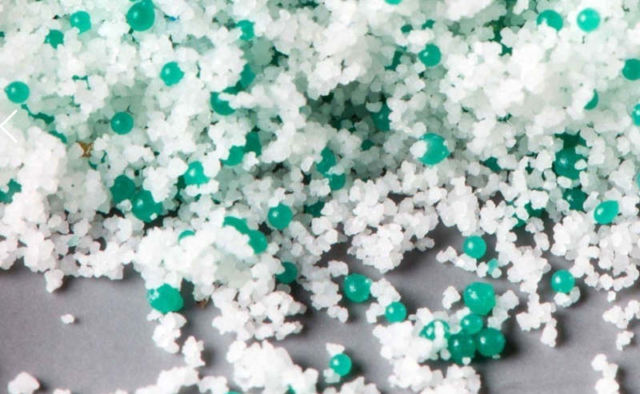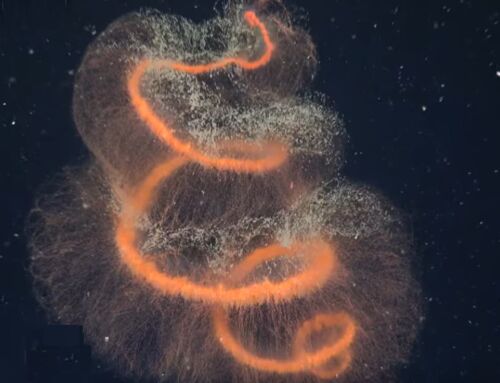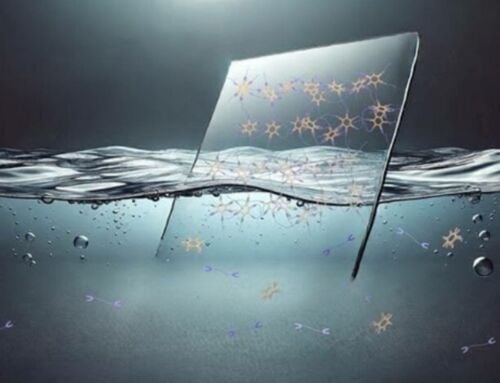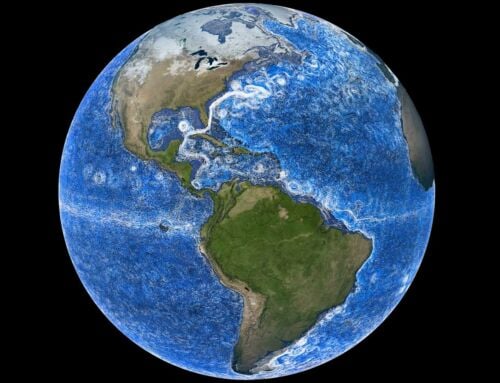Scientists found the presence of microplastics from different plastic types in our stools, across the globe.
Researchers from the Medical University of Vienna and the Environment Agency Austria monitored a group of participants from countries across the world, including Finland, Italy, Japan, the Netherlands, Poland, Russia, the UK and Austria.
The results show that every single stool sample tested positive for the presence of microplastic and up to nine different plastic types were identified.
Microplastic is defined as plastic particles with a size of 5mm to 1µm. The world plastic production has been growing exponentially within the past years, reaching up to 300 megatons/year.
The stools were tested at the Environment Agency Austria for 10 types of plastics following a newly developed analytical procedure. Up to nine different plastics, sized between 50 and 500 micrometres, were found, with polypropylene (PP) and polyethylene terephthalate (PET) being the most common. On average, the researchers found 20 microplastic particles per 10g of stool.
Microplastic may harm via bioaccumulation (especially when the intestinal barrier is damaged) and can serve as a vector for toxic chemicals or pathogens. Moreover, ingested plastic may affect intestinal villi, nutritional uptake and can induce hepatic stress. Since human data is very scarce, we are the first to quantify and characterize microplastic in human stool.
source professionalabstracts






Leave A Comment